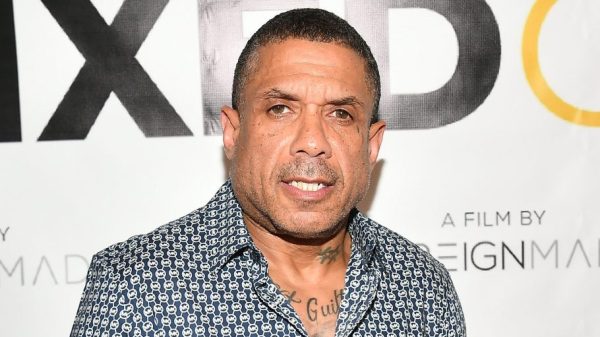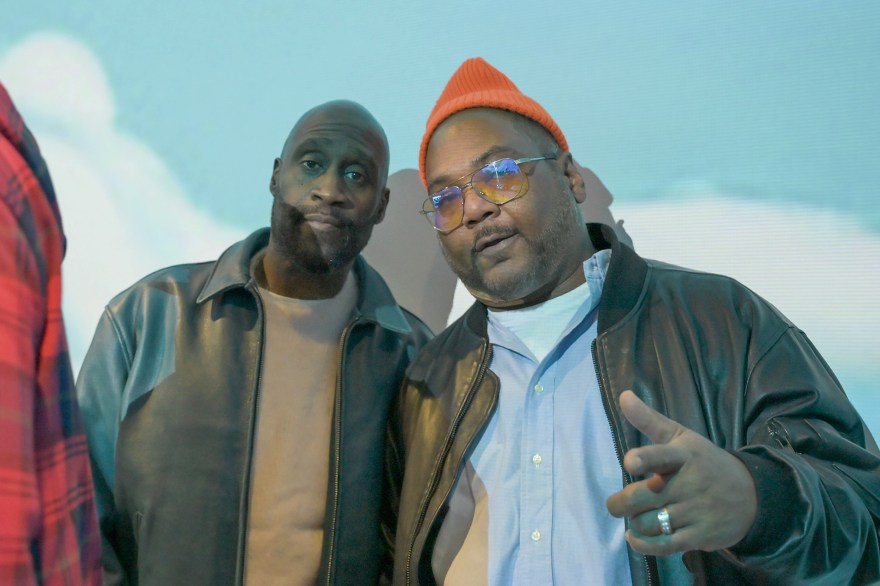Videos by According2HipHop
De La Soul are offering new clarity on a long-debated chapter of ’90s hip-hop—one involving a misunderstanding with the late 2Pac Shakur that quietly evolved into an unlikely feud.
In a recent conversation with Ambrosia For Heads, Posdnuos unpacked how the group’s lighthearted creativity accidentally collided with Pac’s perception. According to Pos, the tension traces back to the release of De La Soul’s “Ego Trippin’” video. Shakur believed the visual was taking aim at his “I Get Around” clip, a misread that left him more hurt than angry.
“2Pac we had an issue with because when we did the ‘Ego Trippin’’ video, he unfortunately thought we were mimicking and trying to make fun of the ‘I Get Around’ video,” Pos explained. “He was very disappointed… He reached out to his manager and the people at Tommy Boy at the time and was like, ‘Yo, man, I love those dudes. I didn’t know they had an issue.’”
Pos said he attempted to call Pac immediately to clear the air, but the moment was short-lived. Shakur was reportedly dealing with a police incident in Atlanta around the same time, and the two camps kept missing each other.
Tensions resurfaced as hip-hop’s landscape shifted mid-decade. With Stakes Is High, De La Soul publicly critiqued the commercialization and violence dominating mainstream rap. Some listeners—and Pac himself—felt those critiques landed too close to home. By then, Pos says, Pac had already put his rebuttals on wax.
Those rebuttals appeared in his music. On “Against All Odds,” from The Don Killuminati: The 7 Day Theory, Pac fired off a quick barb: “Look at De La Soul tryna player-hate on my s—t, n—a, eat a fat d—k!” An unreleased track, “Watch Ya Mouth,” took further aim at the trio, accusing them of looking down on “hard” rappers and dismissing their rise.
The disagreement never spiraled into a high-profile beef, but it remains a compelling snapshot of the cultural tensions running through ’90s hip-hop—where stylistic divides, regional identities, and shifting commercial pressures could ignite conflict even among artists who respected one another.
Decades later, De La Soul maintain that the rift was rooted in miscommunication, not malice. And while Pac never revisited the issue publicly before his death, Pos’s reflections add new dimension to a moment often flattened into myth—one that underscores how even the most influential voices in the genre weren’t immune to crossed wires during a pivotal era of hip-hop evolution.























